Articles
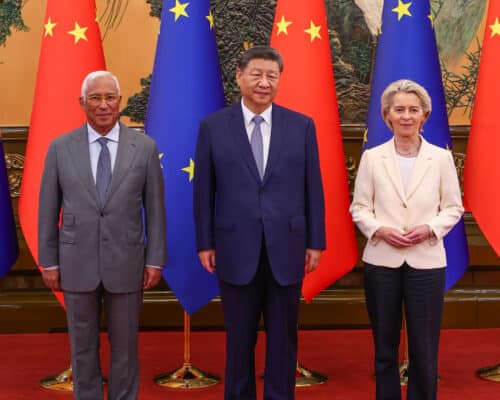
The EU-China Meeting Marks a New Era in Climate Diplomacy
The world has reached the moment when emissions must peak to keep the 1.5°C target within reach and avert the most devastating impacts of climate change. In the absence of the US, the China-EU climate cooperation offers hope that this might still be possible.

AI Data Centre Development in Japan and Clean Energy Transition
As AI data centres rapidly expand globally, their immense energy demands threaten to undermine decarbonisation efforts — unless powered by 100% renewables. Japan’s proactive “Watt-Bit Collaboration” aims to coordinate data centre growth with renewable energy development, but challenges around location and definitions of “clean energy” remain. The future of sustainable AI hinges on smart policy and clear energy standards.

Can Malaysia’s AI Data Centres Go Green? [Op-Ed]
Malaysia’s data centres, a significant contributor to global energy consumption, have the potential to go green by adopting renewable energy sources and sustainable practices. Transitioning to eco-friendly operations reduces carbon emissions and sets a powerful example for the tech industry worldwide. Can Malaysia’s AI-powered data centres lead the way in sustainable digital transformation?

2025 House of Councillors Election Results Bring Uncertainty For Japan
The election results indicate that the government may now need to make concessions to other parties to pass legislation. And with the growing influence of Trump-inspired parties, climate action and renewables-favouring energy policies might take yet another blow.
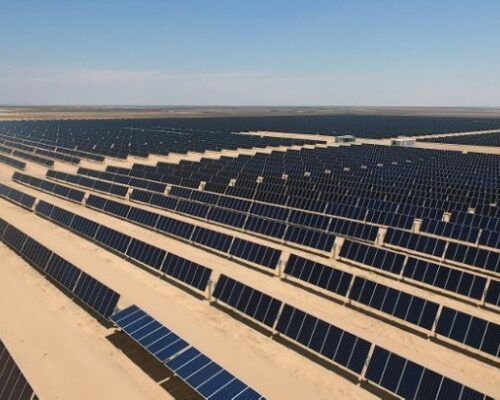
Charting the Path Of Solar Energy in Mexico
Mexico has ideal conditions for solar energy. However, solar makes up just a fraction of the energy mix, which is heavily dominated by natural gas. To reach its 2030 renewable energy goals, the country must speed up solar capacity additions.

G20 Summit 2025: A Pivotal Moment for Developing Countries
South Africa’s chair of the G20 presents a unique opportunity to influence global policies and advocate for the interests of low-income and developing countries and their needs in addressing the challenges they face due to climate change and poverty.

UN and IRENA: Renewables the Cheapest Electricity Source in 2024
New reports reveal that solar and wind power offer the lowest-priced electricity even without governmental support. Renewables have also helped save billions in fossil fuel import and climate damage costs, while boosting GDP and opening up millions of new jobs. Still, the world continues to subsidise polluting fuels — a practice that the 2035 NDC updates should end.

What’s Behind Gas Expansion in Australia – New Report
A new report reveals that Japanese and Korean corporate profits fuel gas expansion in Australia, jeopardising climate goals and posing financial risks. Despite warnings from the IEA that no new gas projects are needed for a net-zero future, Australia continues to expand LNG exports, risking increased emissions and environmental harm while locking in fossil fuel dependence.

What Lawmakers in the Philippines Can Do To Lower Power Prices
While the Philippines has made strides in developing its clean energy market, accelerating the energy transition to levels consistent with a net-zero aligned pathway requires scaling up the build-up of renewables, expanding the power grid and limiting new fossil fuel capacity and imports.

Lack of US Engagement Impacting 2025 G20 South Africa Summit
As the 2025 G20 summit approaches in South Africa, ongoing US disengagement and anti-climate policies threaten to undermine global cooperation on climate action. Despite challenges, other G20 members can strengthen alliances, pursue independent climate initiatives and mobilise finance to ensure progress toward sustainability and a just energy transition, even in the face of US setbacks.
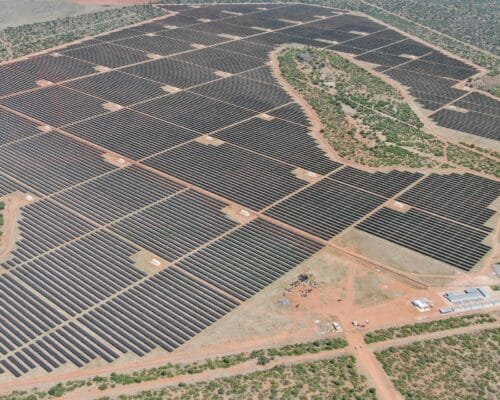
Solar Energy in South Africa Powers Forward Despite Coal’s Hold
South Africa's energy landscape is slowly shifting. Solar energy is expanding at record speed, yet coal still dominates the grid and drives rolling blackouts. Updating ageing and building new transmission infrastructure will be critical for the country's ongoing energy transition.

Philippines LNG Imports Costing Households Billions
Experts warn that plans to expand LNG import infrastructure, paired with the volatility of the fuel on global markets, will financially burden the country, as well as significantly increase electricity prices for consumers at times when cheaper, cleaner, renewable energy alternatives remain underutilised and readily available.
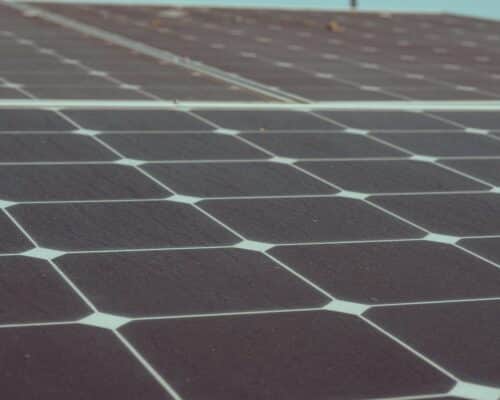
While Fossil Fuels Volatility Increases, Battery Storage Gets Cheaper, Making Solar Power Always Available
While solar is already the most viable solution for improving energy security, reducing power costs and mitigating carbon emissions, recent advancements and cost reductions in battery storage are now enabling us to ensure 24 hours of daily solar power. According to experts, the biggest obstacle to doing so is the business-as-usual mindset.
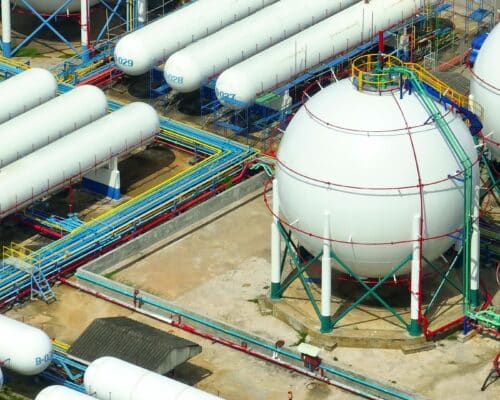
LNG Usage in Southeast Asia Should Be Ending, Not Moving Forward, Experts Claim
LNG does not fit Southeast Asia's energy sector due to price volatility, European arbitrage opportunities swinging supply away from the region, shipping route disruptions and self-serving vested Japanese corporate interests. What's needed is policy-level change. But do countries have the political self-will and determination to make the right decision?
Most Popular
Most Popular
Categories
-
9
-
34
-
126
-
4
-
17
-
45
-
52
-
11
-
10
-
15
-
24
-
6
-
6
-
265
-
197
-
17
-
24
-
1
-
1
-
23
-
38
-
42
-
87
-
18
-
84
-
41
-
17
-
10
-
42
-
45
-
86
-
287
-
21
-
44
-
35
-
10
-
41
-
36



